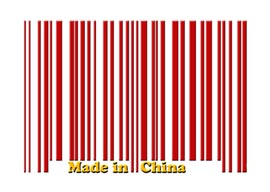
May 08, 2015

Source: Shutterstock
Query: Who benefits more if we get access to Vietnam’s market, which is 1 percent of ours, while Hanoi gets access to a U.S. market that is 100 times the size of theirs?
The core of the TPP is the deal with Japan.
But do decades of Japanese trade surpluses at our expense, achieved through the manipulation of Japan’s currency and hidden restrictions on U.S. imports, justify a Congressional surrender to Barack Obama of all rights to amend any Japan deal he produces?
Columnist Robert Samuelson writes that a TPP failure “could produce a historic watershed. … rejection could mean the end of an era. … So, when opponents criticize the Trans-Pacific Partnership, they need to answer a simple question: Compared to what?”
Valid points, and a fair question.
And yes, an era is ending, a post-Cold War era where the United States threw open her markets to nations all over the world, as they sheltered their own. The end of an era where America volunteered to defend nations and fight wars having nothing to do with her own vital interests or national security.
The bankruptcy of a U.S. trade and foreign policy, which has led to the transparent decline of the United States and the astonishing rise of China, is apparent now virtually everywhere.
And America is not immune to the rising tide of nationalism.
Though, like the alcoholic who does not realize his condition until he is lying face down in the gutter, it may be a while before we get out of the empire business and start looking out again, as our fathers did, for the American republic first. But that day is coming.